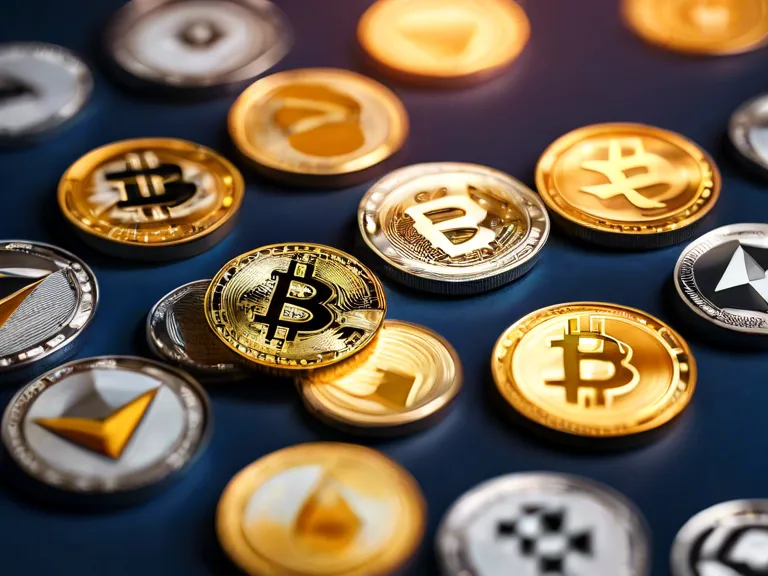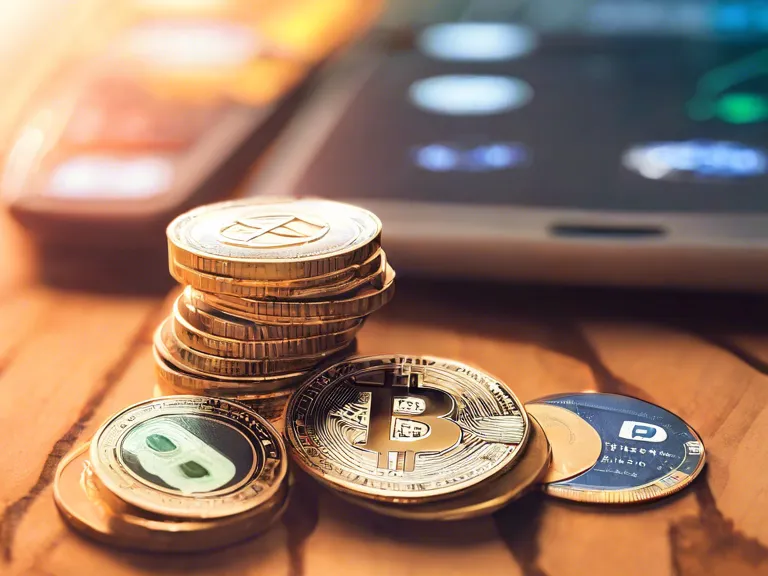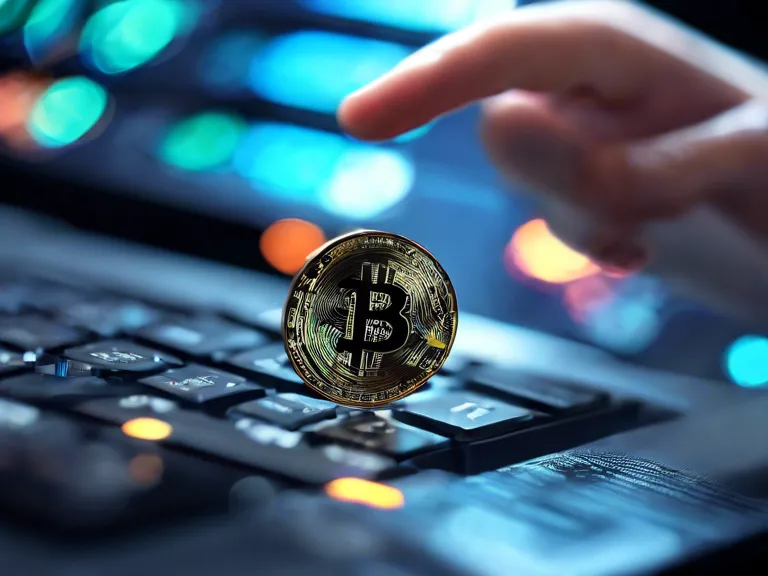
Cryptocurrencies are revolutionizing the way we think about money and transactions. With the rise of digital coins like Bitcoin and Ethereum, global instant payment networks are experiencing a significant impact. From lowering transaction costs to increasing the speed of cross-border payments, cryptocurrencies are reshaping the financial landscape in a profound way.
One of the key impacts of cryptocurrencies on global instant payment networks is the reduction of transaction costs. Traditional payment methods often involve hefty fees imposed by banks or financial institutions. By using cryptocurrencies, these fees can be minimized or even eliminated, making transactions more cost-effective for both individuals and businesses. This has the potential to increase financial inclusion and provide access to banking services for people who may not have had it before.
Another important impact of cryptocurrencies on global instant payment networks is the speed of transactions. With traditional banking systems, cross-border payments can take days to be processed. Cryptocurrencies, on the other hand, can facilitate instantaneous transactions, regardless of geographical location. This has the potential to streamline international trade and make it more efficient for businesses to conduct transactions with partners around the world.
Furthermore, cryptocurrencies are also making it easier for individuals to send remittances to their family members in other countries. Instead of relying on expensive money transfer services, cryptocurrencies enable people to send money directly to their loved ones with lower fees and quicker processing times. This can have a significant impact on communities that rely on remittances for their financial well-being.
In conclusion, cryptocurrencies are having a profound impact on global instant payment networks. From reducing transaction costs to increasing the speed of cross-border payments, digital coins are reshaping the way we think about money and transactions. As the adoption of cryptocurrencies continues to grow, their impact on global instant payment networks is only expected to increase in the years to come.


